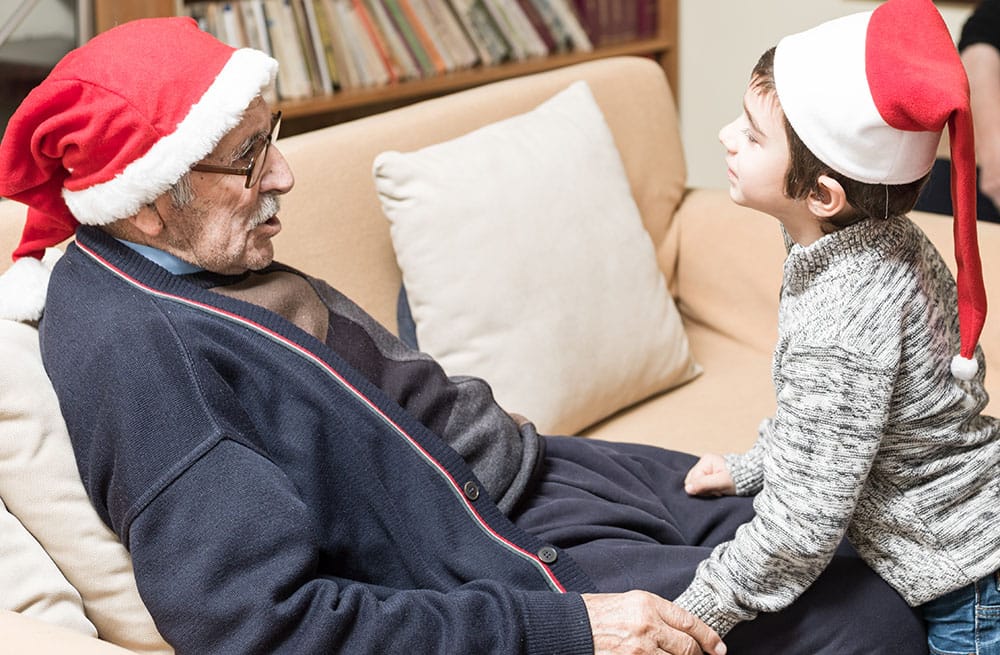A Labor Day Salute to the Eldercare Workforce
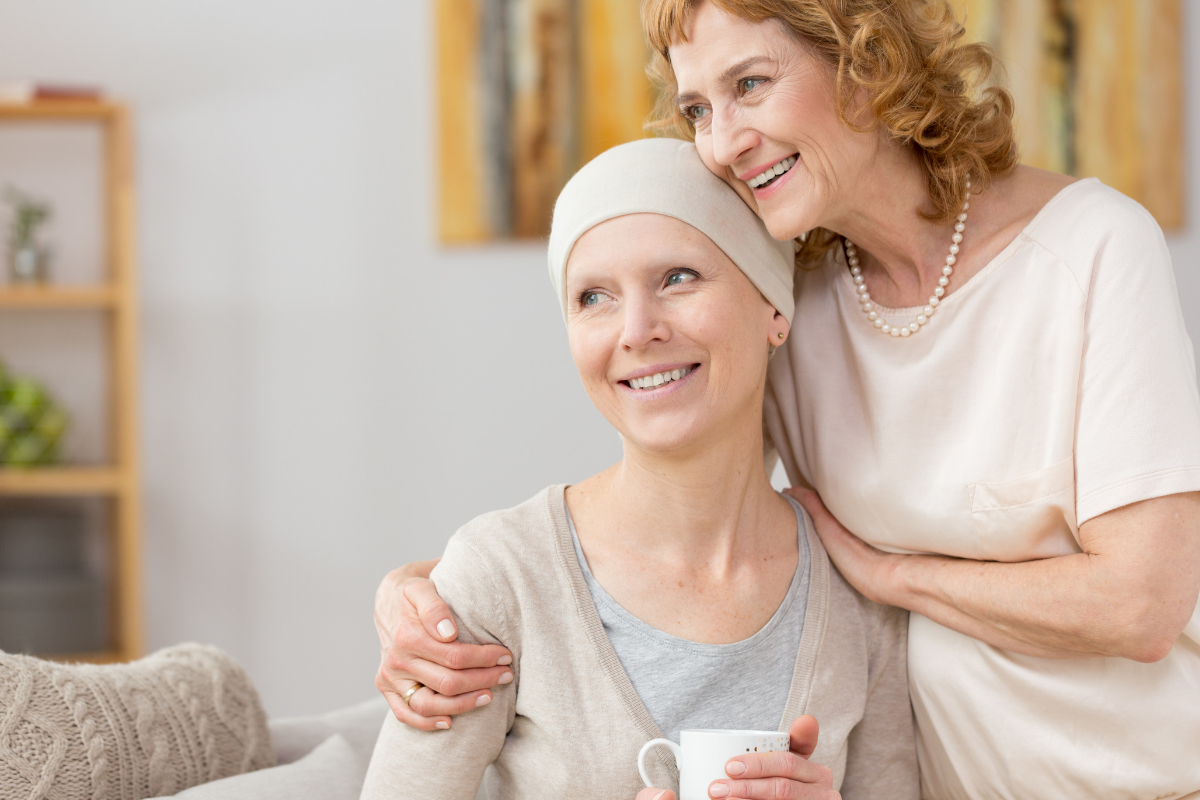
We’ve all heard trending news reports in recent years about America’s aging population and the state of our healthcare system. Ten thousand baby boomers in the U.S. turn 65 every day – a rapidly growing population expected to reach 73 million Americans by 2030.
This generational wave is straining our healthcare system and overwhelming our eldercare workforce, causing labor shortages in some sectors. More and more family caregivers are stepping up to care for their loved ones, managing both chronic health issues associated with aging and serious illnesses at the end of life.
This Labor Day, Crossroads Hospice & Palliative Care salutes the eldercare workforce and its true backbone – family caregivers.
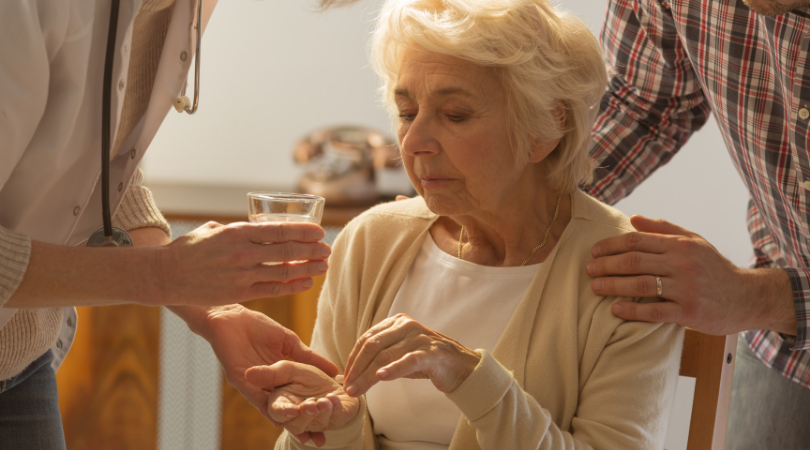
The Big Boom
Experts predict that by 2030, one in five Americans will be 65 or older. About 75 percent of them are living with multiple chronic health problems and approaching a time of life when they are most likely to need end-of-life care, according to the Eldercare Workforce Alliance (EWA), a coalition of national organizations representing consumers, family caregivers, the direct-care workforce, and healthcare professionals that advocates for policies to build a stronger eldercare workforce.
A landmark Institute of Medicine report warns that “unless action is taken immediately, the health care workforce will lack the capacity (in both size and ability) to meet the needs of older patients in the future.”
The EWA estimates that by 2030, 3.5 million additional healthcare professionals specializing in geriatrics, gerontology, and palliative care, as well as direct-care workers such as home health aides will be needed to care for our aging population. The U.S. Bureau of Labor Statistics ranked direct-care workers as the fastest growing class of jobs, with an anticipated 1.2 million new jobs anticipated between 2016 and 2026.
While eldercare workforce labor shortages loom, there is good news: some sectors are making gains. According to Dr. Walter George, Crossroads’ Senior Vice President for Physician Education and Services, the field of hospice and palliative medicine has been rapidly growing. Most medical schools in the U.S. are now building end-of-life care into their curricula, and offering clinical rotations in nursing homes, assisted living facilities, and hospices.
Crossroads itself is fueling this trend. Its Cleveland location is a preceptor site for the Ohio University College of Osteopathic Medicine, with medical students doing clinical rotations with the Crossroads palliative care team.
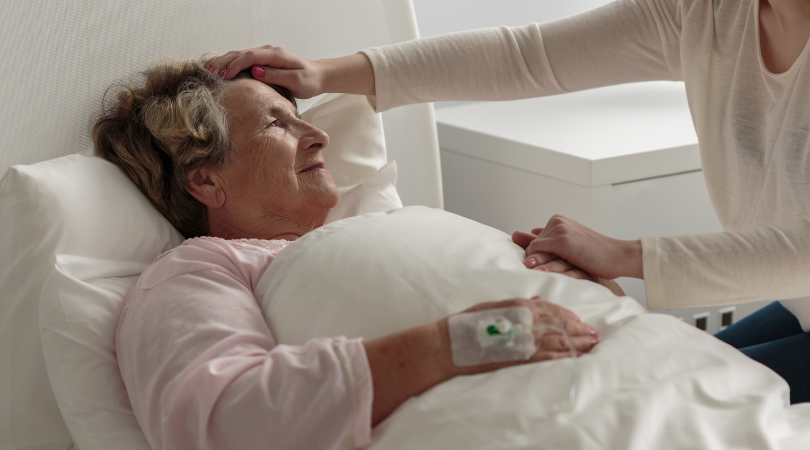
The Rise of the Family Caregiver
Age-related health issues aside, many of today’s seniors choose to live their golden years at home rather than in assisted living or nursing facilities. This often shifts the burden of caregiving onto family members. Recent reports show close to 18 million Americans are family caregivers to a loved one over the age of 65; 32 percent are older adults themselves. And many are adult children caring for their aging parents while raising their own children and holding down full-time jobs, the so-called “sandwich generation.”
Family caregivers are critical members of the eldercare workforce. Their work ranges from performing household tasks, to helping their loved ones bathe and dress, to scheduling doctors’ appointments and navigating insurance coverage issues. They often manage complex medical tasks such as managing medications and giving injections.
At Crossroads, family caregivers are a valued member of a patient’s care team.
“Our home health aides, nurses, chaplains and social workers – and the family caregivers – all work closely together to understand a patient’s needs and plot the best course for meeting them,” says Sandy Doolittle, LMSW, Support Services Director at Crossroads in Lenexa, KS. The relationship ensures coordinated, quality care for patients, she adds.
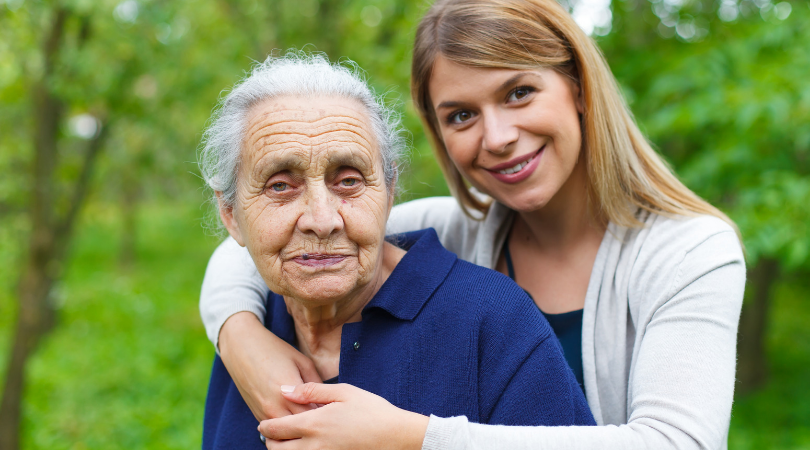
Being the Best Family Caregiver
As a caregiver, it’s important to understand your role and who can help support you. Here are a few tips to keep in mind.
Make a list of needs, prioritize them, and delegate. Do you need help keeping tabs on a loved one’s medication schedule? Is companionship and emotional support needed? Who can help with household tasks like cooking, cleaning and running errands? Taking inventory of the patient’s needs as well as your own as a caregiver can help you stay organized and get appropriate support from others.
Learn about your loved one’s condition and keep a record of medical and personal information. Educate yourself about your loved one’s diagnosis and treatment plan so you can be an effective advocate and participant in their care. Bring to all doctors’ appointments an up-to-date list of medical conditions, medications and known allergies, and insurance information. Familiarize yourself with what insurance does and does not cover.
Review or create legal documents. Having an updated advance directive in place ensures a patient’s healthcare wishes are followed. This is a legal document with two parts: a living will, which states the type and extent of medical treatment one wants to receive; and a medical power of attorney, which names a person such as a family caregiver to advocate for a person who is no longer able to make his or her own care-related decisions.
Make time to care for yourself. Caring for a loved one at the end of life can be stressful and overwhelming at times. Take a few moments for yourself every day to do something enjoyable or relaxing. Seek support from a counselor or social worker to help you cope with some of the emotions or concerns you may be feeling. Most of all, remember to give yourself credit for all you do as a caregiver and reward yourself for being an important member of your loved one’s caregiving team.
For more information about how Crossroads supports family caregivers, please visit our website or call 1-888-326-4677.
If you found this information helpful, please share it with your network and community.
Copyright © 2019 Crossroads Hospice & Palliative Care. All rights reserved.

